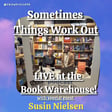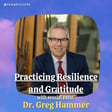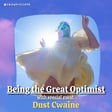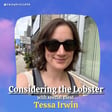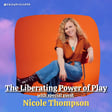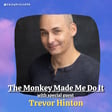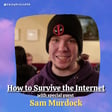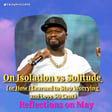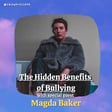
Rebuilding Connection After Mistakes (with special guest Dr. Christine Cooper)
In this very special episode of Friendless, host James Avramenko welcomes Dr. Christine Cooper — pharmacist, author, and self-proclaimed “reforming mean girl.” Christine opens up about her journey from being a not-so-nice kid to learning about empathy, accountability, and authentic human connection. She shares personal stories of growth, how constantly moving as a child delayed her understanding of the consequences of her actions, and the pivotal moment in college that made her self-reflect on who she wanted to be.
Christine discusses her book Finding Value: A Reforming Mean Girl’s Guide for Creating More Meaningful Connections, offering wisdom on building better friendships, setting healthy boundaries, and cultivating curiosity. Together, she and James explore what it really means to be a friend, how to take actionable steps toward kindness (starting with the person in front of you), and the importance of balancing your own needs with those of others. Christine also offers practical advice on accountability, healthy communication (including the tricky realm of nonverbal cues), and fostering a sense of community—even across divides.
This episode is packed with real talk, laughs, and useful takeaways for anyone looking to create more meaningful relationships in their lives.
Check out Christine's work HERE
Sign up for the Friendless Substack HERE!
Support the show, Buy Me A Coffee!!
Create your podcast today! #madeonzencastr

